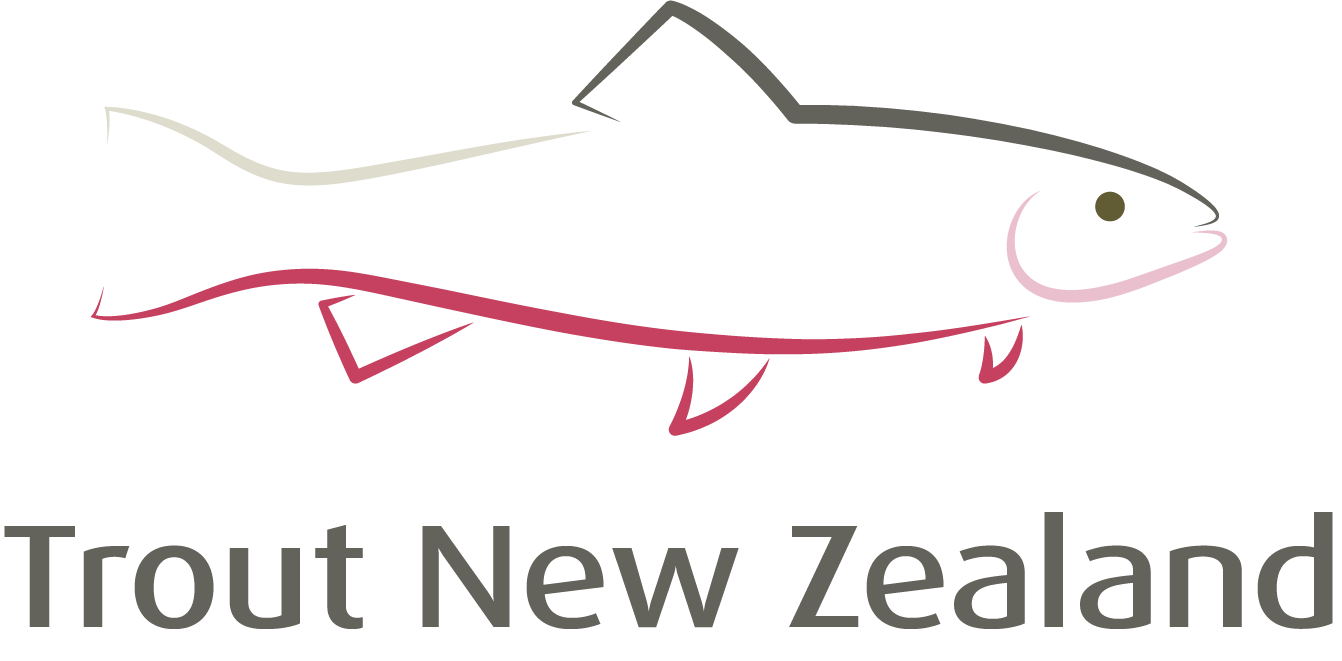
- Trout New Zealand

Trout New Zealand is a forum established for anyone with an interest or opinion to have their say on the development of a commercial trout industry in New Zealand, particularly the Bay of Plenty.
Trout New Zealand is supported in kind through the Regional Aquaculture Organisation (RAO). Members include representatives from iwi, commercial businesses, the RAO and Bay of Connections.
A 2015 Regional Growth Strategy highlighted land-based trout aquaculture as a potential high value opportunity for the Bay of Plenty region.
The purpose of the RGS is to help drive greater growth and benefits to the wider region, including economic benefit and increased incomes and jobs.
It noted investor interest from the commercial sector and iwi in advancing this opportunity, but progress cannot be made under the current legislation.
Trout New Zealand has grown from a Bay of Plenty initiative to a New Zealand wide forum as other have learnt of its work and seek to join the conversation.
Current legislation
New Zealand is the only country in the world that has a prohibition on the selling and buying of trout. Between 1912 and 1920 Lake Taupō rainbow trout were bought and sold by the Tourist Department. The fish were smoked and sent to markets in Auckland and Wellington.
When salmon farming was authorised in 1973 the proposal was to trial it, and if successful, to make trout farming legal. However, trout were omitted under pressure from recreational interests. Commercial salmon farming has gone on to flourish and bring economic opportunities to several employment-lean communities in the South Island.
Rainbow trout have been very successfully farmed for recreational purposes in New Zealand for the last 134 years.
Economic development
Internationally farmed trout have a high market value, expertise and technology is well established, global commercial markets are favourable and demand from consumers is forecast to continue to rise.
NZIER has conservatively estimated the value of trout farming to the New Zealand economy to be an expansion in real GDP of up to $48 million by 2030.